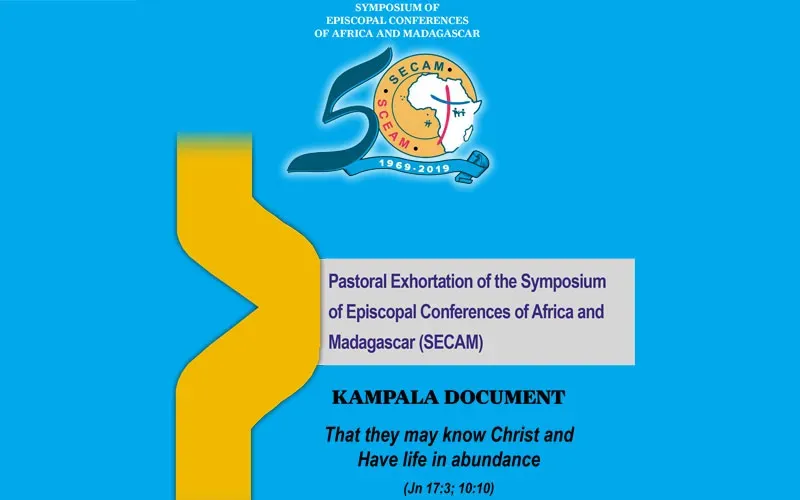According to the native of Madagascar, “The Church-Family of God in Africa that will have to face immense challenges, shows a firm determination to move forward in the framework of the new evangelization, in order to provide answers to these challenges and to build with the people of God (on the move) a new Africa centered on God.”
He advocated for inculturation saying, “If there is an urgent need for the Church in Africa today, it is the work of inculturating the Gospel in the fields of social, economic and political life.”
“It is a question of knowing whether the Christian faith is capable of bringing about a change in mentalities, and moreover the social changes required in the current context,” the Ghana-based Priest further said.
“What is expected of the Church Family of God in Africa is to undertake a new evangelization with the aim of impregnating social life with Gospel values,” Fr. Rajoelison told participants from across Africa who were taking part in the annual event of SECAM Day.
SECAM Day commemorates the official launching of the Symposium of Catholic Bishops in Africa in July 1969 by Pope Paul VI in Uganda’s capital, Kampala. This was the first visit of a Pope to Africa in modern times.
The annual event is considered important for the Church in Africa because it offers an opportunity for the faithful on the continent to contribute toward sustaining the activities of SECAM.
Established in July 2013, during SECAM’s 16th Plenary Assembly, SECAM Day is also important because it provides an opportunity for all members of the Family of God in Africa and the surrounding Islands to pray for and identify with SECAM.
This year, the Eucharistic celebration to mark SECAM Day has been slated for next week, Thursday, July 29, to be presided over by the President of SECAM, Philippe Cardinal Ouédraogo, and on Sunday, August 1, in Parishes across Africa.
In his input July 21, the second Deputy Secretary General of SECAM underscored the value of inculturation saying this guarantees the formation of “Christians who dare to witness to their faith and display their unwavering commitment to justice, the defense of human dignity and the construction of a society that promotes solidarity and brotherhood.”
Making reference to inculturation in the light of the Kampala Document (KD), the 100-page publication that resulted from the discussions Catholic Bishops in Africa had at the conclusion of their year-long Golden Jubilee celebrations (July 2018 to July 2019), Fr. Rajoelison said, “Africa can be proud of having had men and women of great quality such as Julius Nyerere who was a fine example of a Christian politician and for whom faith and social life are inseparable.”








